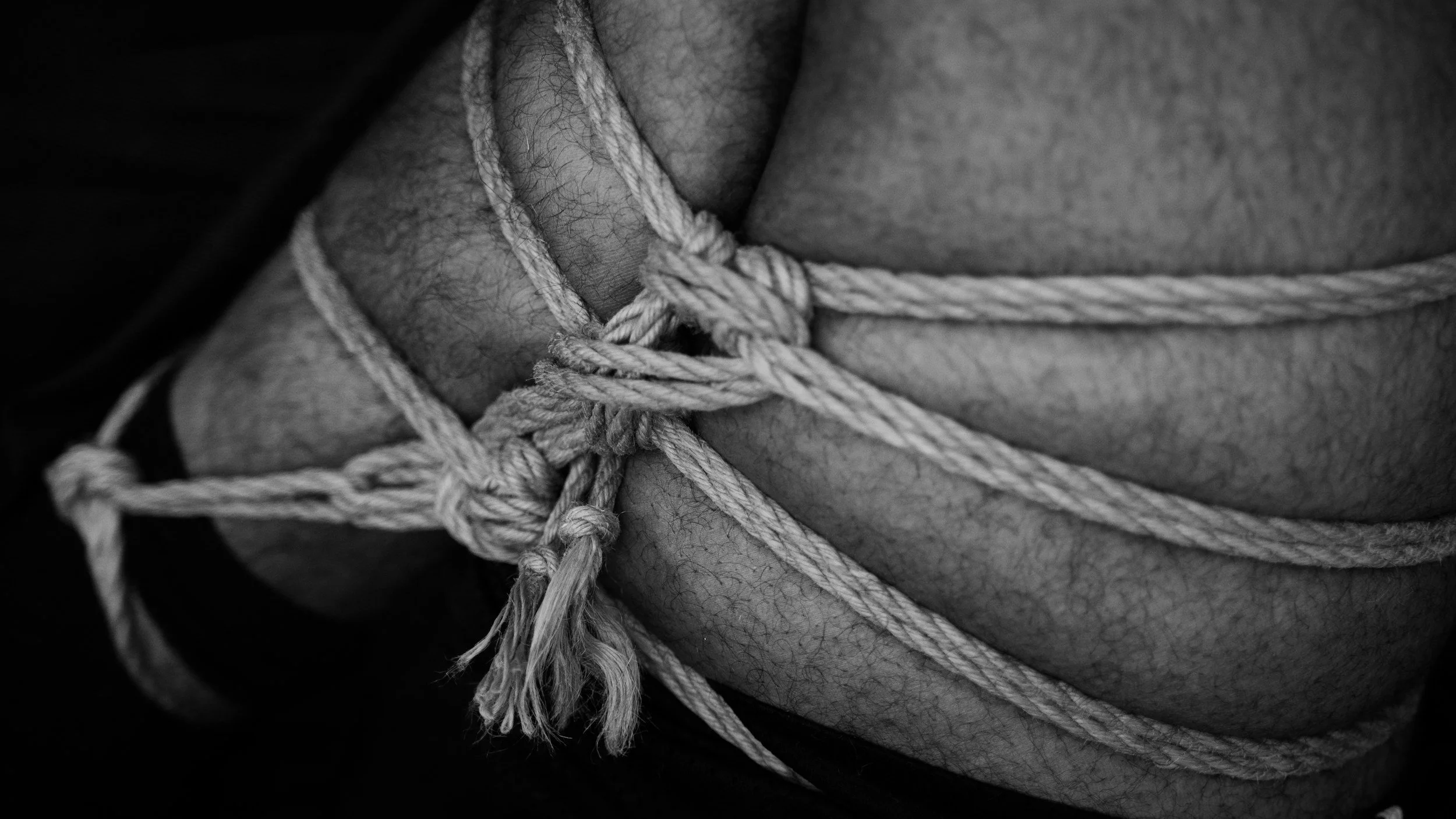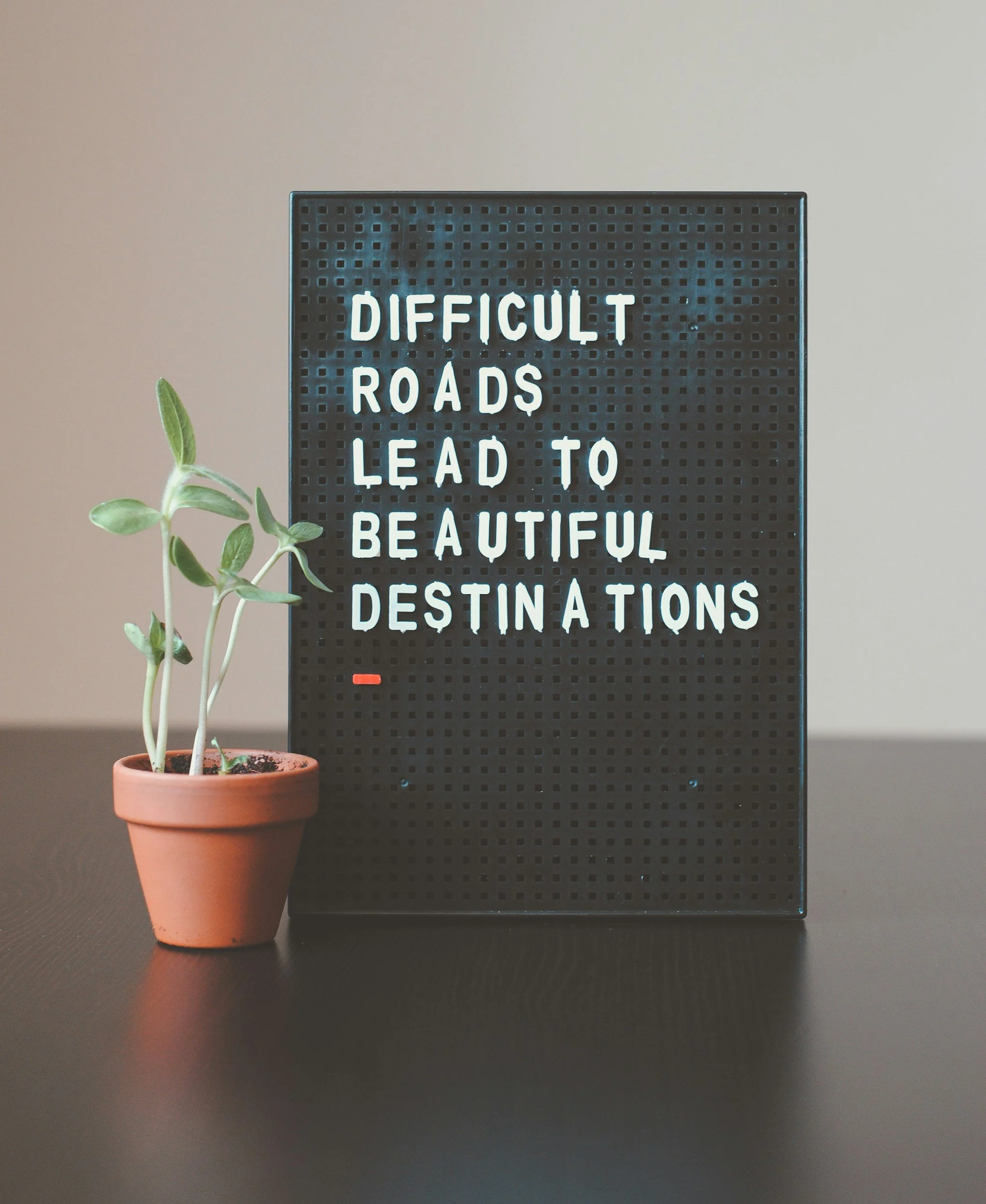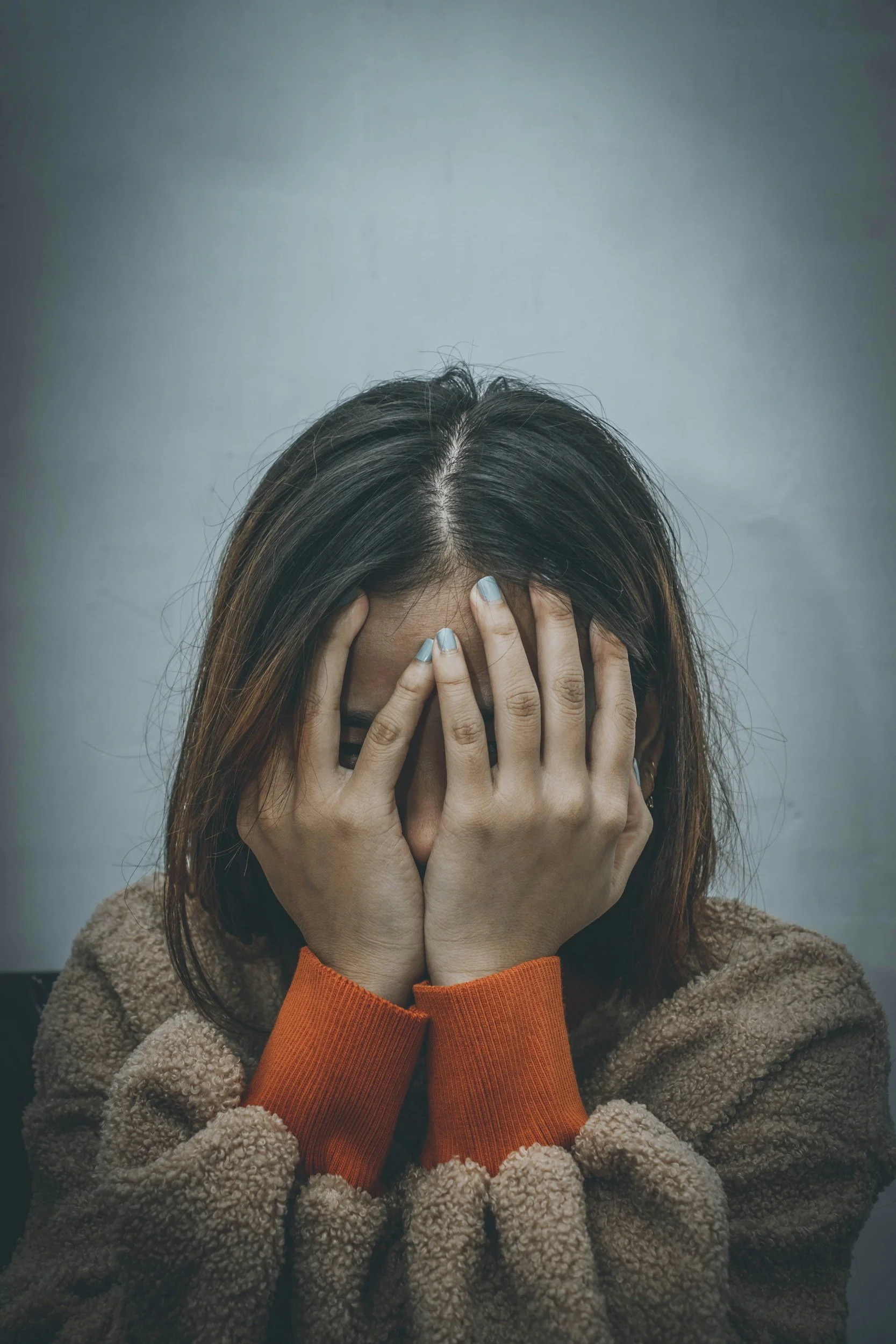Addiction Counselling in Saskatoon
We can help you break the bondage of addiction.
When certain substances or behaviours become unmanageable, our counsellors and therapists are trained to help you regain control of your life.
What is an “addiction?”
Addiction is the term used to describe the out-of-control use of a substance or a behaviour. Many people have things they feel compelled to do and might even experience feelings of regret afterwards—but it’s truly not an “addiction” until the 4 C’s are present: Craving, loss of Control, Compulsion to use, and continued use despite Consequences.
Addiction brings a lot of pain and frustration to a person's life. Many people feel ashamed or guilty about their addiction, so they hide it and struggle alone for months or even years. They fear being judged or labeled as “addicts.” During this time, their problems grow. Relationships with family and friends suffer, work performance drops, and their physical and mental health get worse.
This emotional pain creates a downward spiral. To cope with the growing pain and problems, people often turn even more to the substance or behaviour they're addicted to. They use it as a way to escape their feelings and reality. This makes the addiction stronger, as the person needs the substance or behaviour more to feel okay.
This cycle—using to escape pain, which then causes more pain—makes it hard to break free from addiction. Overcoming it requires help from others and treatment that addresses both the physical and emotional aspects of addiction. Without this help, the cycle continues, causing more harm to the person and those around them.
Addictions can fall into two different categories:
Substance Addictions – Involves drugs such as alcohol, nicotine, opioids, cocaine, and others. Substance use can lead to physical dependence, where the body adapts to the substance, requiring more of it to achieve the same effect and causing withdrawal symptoms when use is reduced or stopped.
Behavioural Addictions – Involves compulsive engagement in activities such as gambling, eating, exercise, shopping, internet/social media use, gaming, pornography, or sex. These activities trigger reward pathways in the brain similar to those triggered by drugs, leading to addiction-like behaviours.
Our Roadmap for Addiction Recovery
For substance addictions (alcoholism or drug abuse), we highly encourage people to start by going through a detox program and a 28-day treatment program (here is the link to the Centralized Intake for Mental Health and Addictions Services). Since substance withdrawal can lead to challenging side-effects, having a team of medical professional’s present may be needed.
Whether it is a substance or behavioural addiction, counselling or therapy is often the next important step. An addictions counsellor or therapist will take a detailed look at many different areas of your life. This involves exploring your personal and family history, emotional health, relationships, and any other factors that may have contributed to the development of your addiction. Understanding the root causes is crucial because it helps explain why stopping on your own has been so challenging.
Therapy is tailored to each individual, meaning that no two treatment plans are exactly alike. Once the underlying issues are identified, the process usually includes several key components:
Healing Underlying Pain – Many people with addictions have unresolved emotional pain or trauma. Therapy helps to address and heal these deep-seated issues, which can be a significant factor in the addiction.
Developing Healthier Coping Strategies - Instead of turning to substances or addictive behaviours to deal with stress, anxiety, or other emotions, therapy helps individuals learn and practice healthier ways to cope. This can include techniques such as mindfulness, relaxation exercises, and problem-solving skills.
Building New Social Relationships – Addiction often leads to isolation or strained relationships. Working with a counsellor encourages rebuilding and strengthening social connections, which are vital for support and accountability. This might involve repairing existing relationships or forming new, positive connections.
The duration and intensity of therapy can vary widely. For some, the process may take a few months, while for others, it could take years. The key is that progress is being made, and each step forward brings you closer to recovery.
Responding to Relapse
Relapse is sometimes a concern for those seeking help, but it doesn’t worry us at all. While a relapse can feel devastating, it also gives us important information about what’s working and what isn’t in your treatment plan.
When you relapse, you might feel shame or disappointment. These feelings are normal, but they can make recovery harder if they make you feel hopeless. We help you let go of these negative emotions and focus on getting back to sober living.
Relapse isn’t a failure; it’s a sign that something in your treatment plan needs to change. We work with you to figure out what triggered the relapse and adjust your strategies accordingly. This could mean finding new ways to cope with stress, getting more support, or changing your routine.
Our goal is to help you get back on track quickly and smoothly. Recovery is a journey with ups and downs, and every step, even setbacks, is part of the process. With the right support and tools, you can return to sober living and continue your path to long-term recovery. We’re here to help you every step of the way.
Despite the challenges, there is always hope. The journey to overcoming addiction is not easy, but with commitment, support, and the right therapeutic approach, it is entirely possible. Seeking help is a sign of strength, and taking the first step towards therapy can be the beginning of a new, healthier chapter in your life. With the right support and tools, everyone can get free from addiction.
Is it your turn to get free?
Connect with us for a free consultation or look at the other counselling services we offer in Saskatoon and online.






